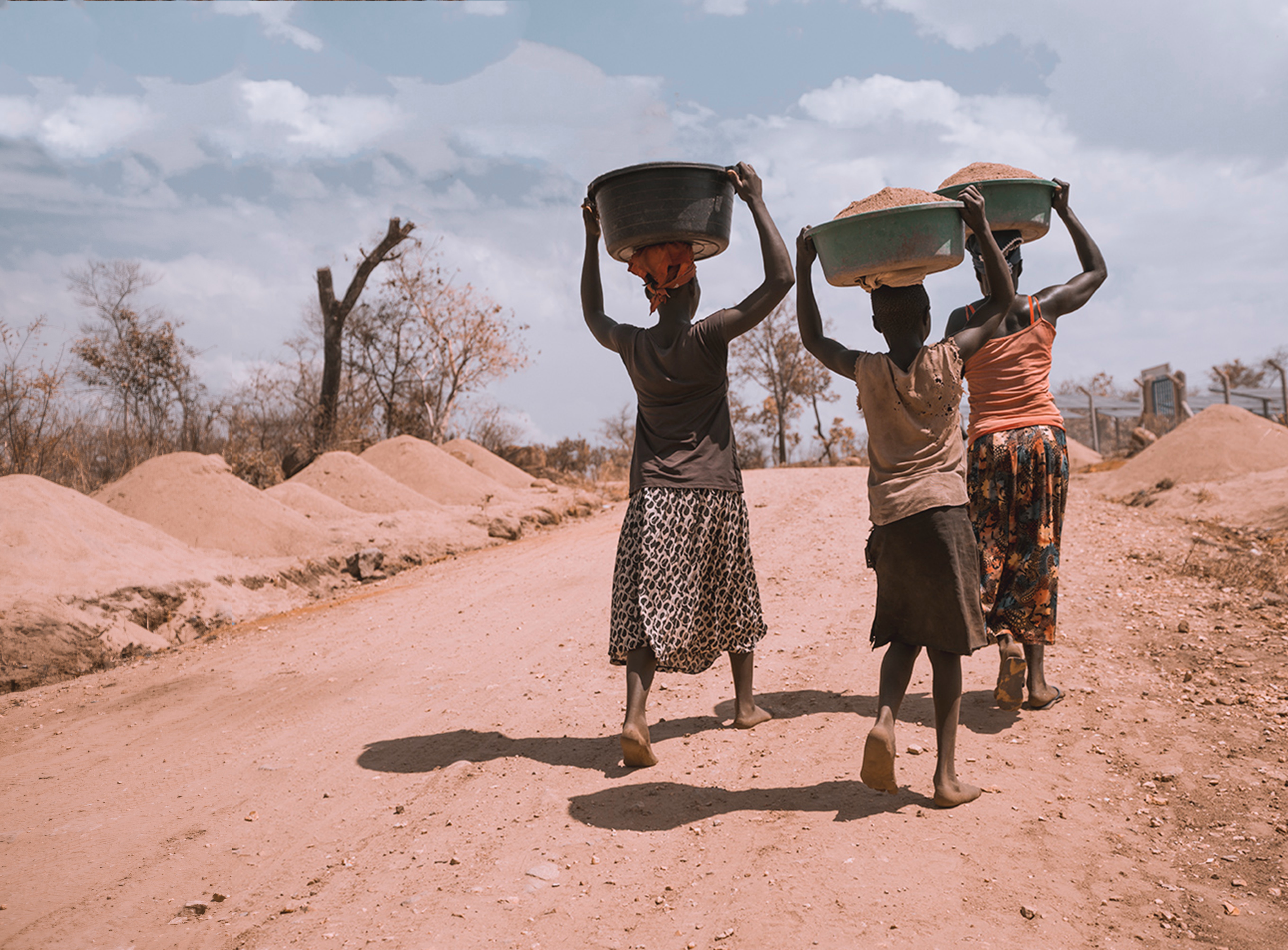Inclusive Growth And Development

Program Goal: Inclusive Growth and Development program is part of GLISS’ cutting-edge knowledge agenda that provides evidence and knowledge to enable governments, civil society leaders and the general public in the great lakes region on how to effectively engage in inclusive processes that facilitate the participation in, and benefit from the development agenda of the region. The program emphasises research that leads to practical advice, solutions and policy descriptions for more inclusive growth and development in Great Lakes region of Africa through structural transformation. It focuses on seven pillars of inclusive growth and development developed by International Monetary Fund (IMF). These are: Education and Skills; Basic services and Infrastructure; Corruption and Rents; Financial Intermediation of Real Economy Investment; Asset Building and Entrepreneurship; Employment and Labor Compensation; and Fiscal Transfers.
Program Rationale: Despite decades of sustained high growth rates, improvements in poverty and inequality have been constrained in all the East African countries. Widening national GDPs and the benefits of economic growth have not been shared equitably leaving millions of citizens on the fringes of society. High unemployment rates, high levels of inequality, gender gaps, and informal sector have persisted while access to public services and social protection cover remain limited to a small fraction of society. This has bred social discontent and threatens sustainable growth, and regional peace and security. A new growth model that places people and living standards at the centre of national economic policy is required to transform inclusive growth from aspiration into action in the Fourth Industrial Revolution. Yet quality actionable research for inclusive growth and development processes in the Great Lakes region remains sparse and fragmented. Governments, and other key stakeholders lack timely knowledge products upon which to undertake coordinated cross-country institutional reforms that catalyse sustainable broad-based economic development. To close this gap, GLISS will develop a regional knowledge sharing platform whereby regional governments, the civil society and other key stakeholders can work together to develop and champion scalable, and evidence-based solutions that enable pro-growth and pro-inclusion outcomes. The program will build on International Monetary Fund’s Inclusive Growth and Development Framework (IMF, 2017), with benchmarks spanning a number of key indicators that contribute to an economy’s capacity to grow inclusively.
Program Initiatives.
The Great Lakes Inclusive Growth and Development Scorecard: In 2015, the United Nations launched the Agenda 2030 which has far-reaching implications for Inclusive Growth and Development in the Great Lakes region. All the Sustainable Development Goals (SDGs), if realised, have the potential to model economies that harness participation and benefit sharing of everyone in the development. However, to achieve this objective, decision makers and other stakeholders require accurate and relevant information to track progress and make key decisions.
The scorecard is an initiative by GLISS to provide more nuanced country specific, annual report of the state of inclusive growth in the Great Lakes region of Africa. The scorecard provides a deep analysis of country specific issues of broad-based development in the region.
Public Finance Management and Inclusive growth and development: Transparent Public Finance Management is critical for effective public service delivery and inclusive growth and development. GLISS undertakes rigorous and meticulous research that facilitates various stakeholders to effectively play a stronger role in transparent and competitive public procurement, efficient budget execution, gender budgeting, sustainable public investment and debt management.
Taxation and Inclusive Growth and Development: The main objective of this initiative is to promote transparency of taxation, and tax exemptions; equitable benefit sharing of revenues from natural resource extraction and fight against tax evasion, tax avoidance and illicit financial flows.
Domestic Revenue Mobilisation is one of the major concerns of governments. Governments require sufficient revenue to deliver key services to citizens. However, the over dependence on natural resources in the Great Lakes region exposes member countries to external risks and vulnerabilities. Among these includes tax competition to attract Foreign Direct Investments (FDIs). ActionAid estimated that, in 2012, Tanzania, Kenya, Rwanda and Uganda collectively lost up to $2.8bn through the use of tax holidays and incentives offered to companies. Yet, evidence shows tax holidays and incentives insignificantly affect the choice of country for investment by foreign investors. Our Fair Taxation initiative, is an effort to generate evidence that promotes country level equitable and fair taxation policy, and foster a regional high-level multi-stakeholder dialogue to foster regional cooperation on taxation and Foreign Direct Investment.
Fiscal Transparency and Inclusive Growth and Development: Fiscal policy is one of the key elements on the way to achieve inclusive growth and development. It relates to fundamental questions defining the role of the state in promoting economic development and providing public services to its citizens.
